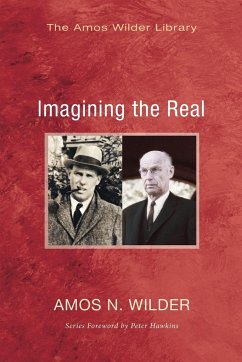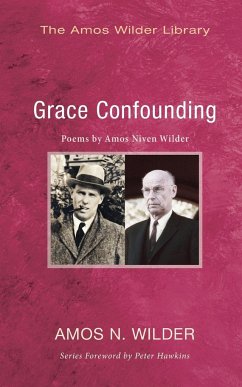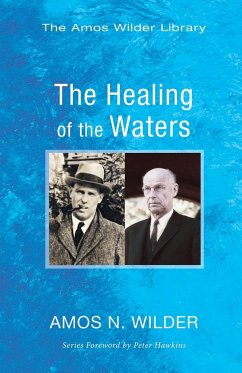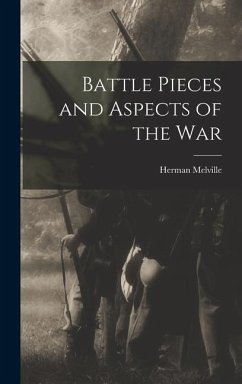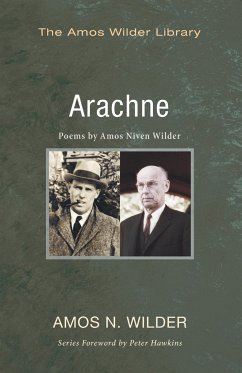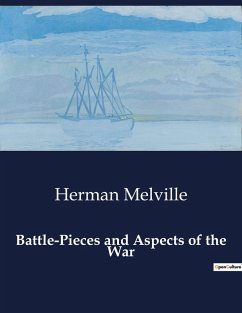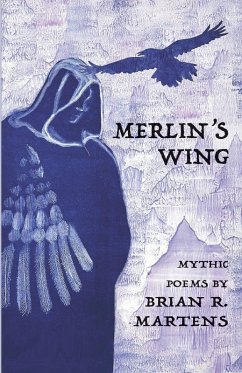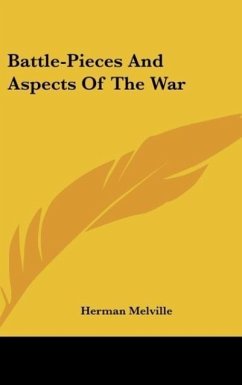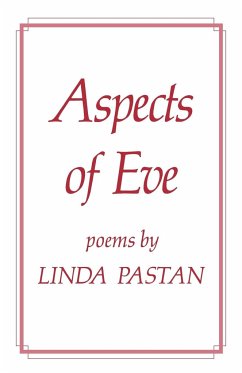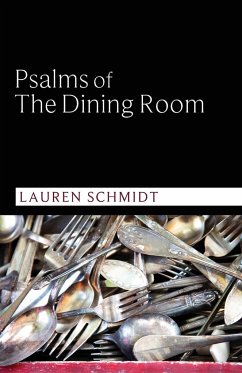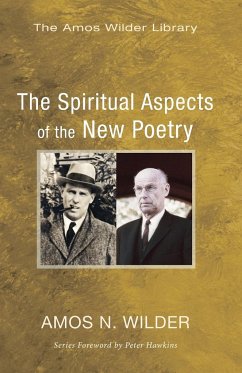
The Spiritual Aspects of the New Poetry

PAYBACK Punkte
14 °P sammeln!
The republication of this book resurrects a landmark volume hailed when published as "the first major effort to assess modern poetry from the point of view of its contributions to the spiritual life of our times." Resting on the assumption that poetry offers "a mirror in which the world can know itself and in which it can read its deepest dilemmas and its deepest omens," Wilder explores the work of W. B. Yeats, Ezra Pound, Robert Frost, D. H. Lawrence, T. S. Eliot, Conrad Aiken, Archibald MacLeish, Hart Crane, W. H. Auden, Kenneth Patchen, and Robinson Jeffers, among others. Wilder investigate...
The republication of this book resurrects a landmark volume hailed when published as "the first major effort to assess modern poetry from the point of view of its contributions to the spiritual life of our times." Resting on the assumption that poetry offers "a mirror in which the world can know itself and in which it can read its deepest dilemmas and its deepest omens," Wilder explores the work of W. B. Yeats, Ezra Pound, Robert Frost, D. H. Lawrence, T. S. Eliot, Conrad Aiken, Archibald MacLeish, Hart Crane, W. H. Auden, Kenneth Patchen, and Robinson Jeffers, among others. Wilder investigates the ethical and religious attitudes behind these works, the sources behind them, and their importance for religious and spiritual life in the modern era. The author also discusses the work of leading critics and provides a guide and bibliography to the sources of modernism's roots in America and abroad, as well as biographical sketches of the poets and critics discussed.





